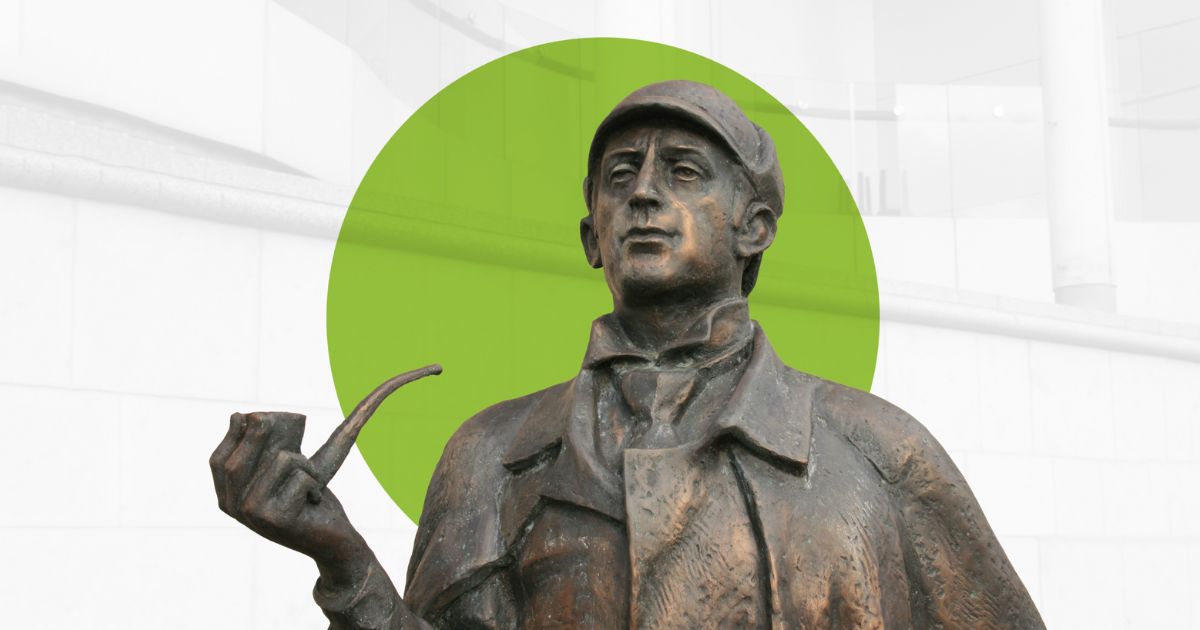Read time: 4 mins
Everyone thinks you need a certain personality to be a market researcher, but you don’t have to be Sherlock Holmes for a successful career in this field. Of course, some skill in observation and investigation—and a keen interest in people—can certainly go a long way.
Many people can get a bit lost when it comes to choosing which research methodology to use between qualitative and quantitative strategies. In some cases, blending the two can be a good approach. However, it’s important to know when and how this works in the real world.
While blended research is neither new nor extraordinary, it is often overlooked when designing a research study because clients are requiring cost-effective research conducted 24/7. However, one of the appeals of a blended methodology is that it can help triangulate our measurement strategy, using different measures of the same concept to provide a more robust overall sense of understanding.
Key Takeaways
- Blended research, combining qualitative and quantitative methods, provides a more robust understanding by triangulating different measures of the same concept.
- The approach requires collaboration between researchers with diverse expertise and more time for project design and management.
- Choosing the right methodology depends on the research goals and audience, not just on the method itself.
- Successful research relies on excellent recruitment and building trust with respondents, ensuring they are seen as people first.
But What If the Results of a Blended Methodology Are Not Consistent?
One of the major challenges for using a blended methodology is the different types of expertise required. Most social researchers can manage adding some qualitative questions to a primarily quantitative survey, or can collect some quantitative indicators in a qualitative project and then analyze the results. That said, given the time and training required to develop advanced expertise in ethnography, in-depth interviewing, survey research, statistical analysis, or any advanced method, most researchers are going to specialize.
This means developing a strong blended methodology often demands collaboration of different researchers with different types of expertise. It requires more time and more attention to project design and management than may be necessary in a single-method project. Researchers with different methodological commitments may also have different research philosophies—potentially making collaboration more challenging.
Overall, it doesn’t actually matter if you choose quantitative or qualitative research or a blend of the two. The most important questions to answer are why are you conducting market research and what would you like to understand? Then, you can create a research study that answers your questions while putting the audience at the heart of it all.
It’s important to mention that whichever methodology you pick, blended or not, good research needs excellent recruitment. Being successful means never forgetting that the respondents you recruit are people first and participants second.
Depending on your methodology and techniques, you should go and visit the respondent in person. You will see where and how they live and observe their environment and habits, while getting to know them better. Even more importantly, the respondent meets you, too. This builds trust and respect for each other and your research—two items even more important than being Sherlock Holmes.
To learn more about our online survey research services, simply fill out our online quote form and a Logit Group team member will be in contact with you shortly.
FAQs
Blended research combines qualitative and quantitative methodologies to provide a more comprehensive understanding of a research topic. By triangulating measurements, it enhances the robustness of results and offers deeper insights compared to using a single method.
Blended methodologies require expertise in both qualitative and quantitative research, often necessitating collaboration among specialists with different skills and research philosophies. These projects can demand more time, attention to design, and management compared to single-method studies.
Good recruitment ensures that respondents are not only representative but also engaged and willing to participate meaningfully. Visiting respondents in person or building trust through interaction helps establish mutual respect, which is critical for collecting high-quality data and fostering reliable results.





